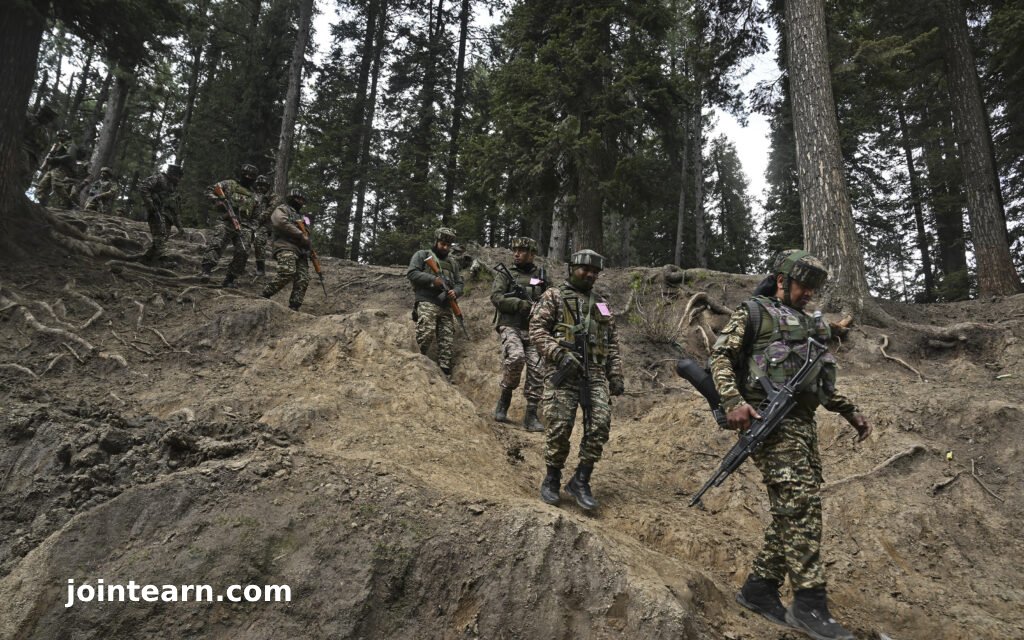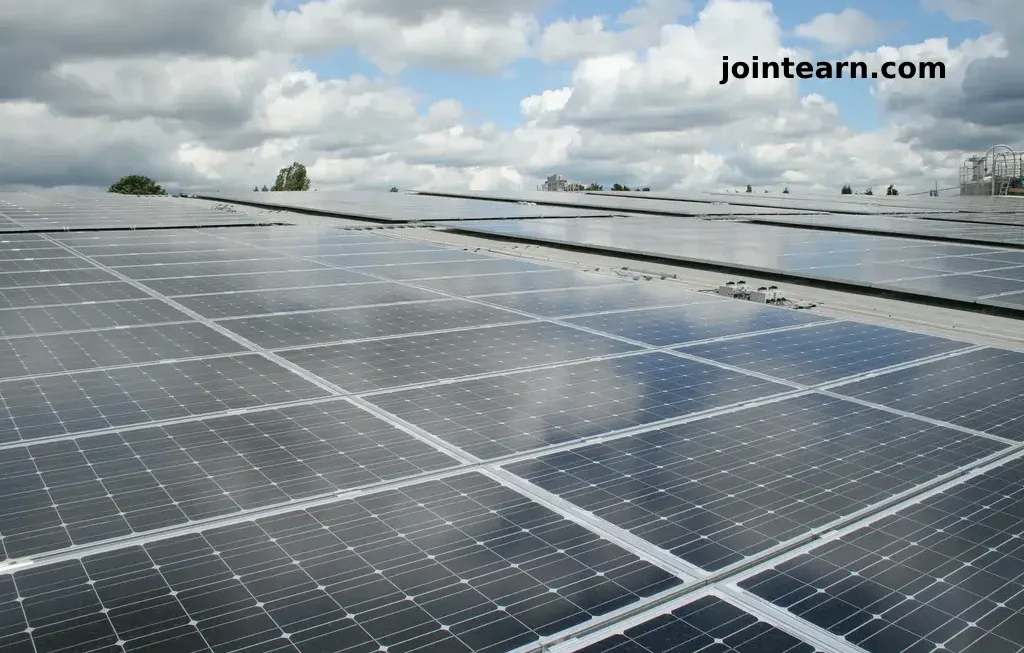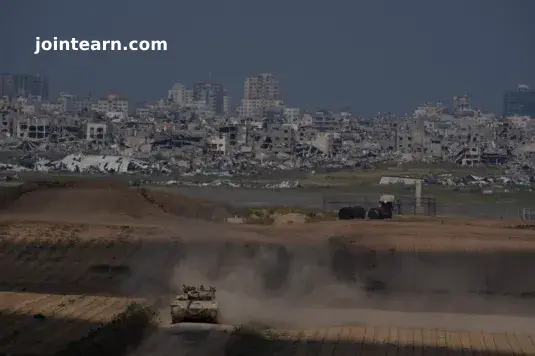May 7, 2025 — Tensions between India and Pakistan have reached a critical point, with the two nuclear-armed nations facing the very real threat of an all-out conflict. Following a deadly terror attack in Kashmir two weeks ago, India has launched missile strikes into Pakistan. In retaliation, Pakistan claims to have shot down several Indian jets, and is threatening an immediate counterattack. The situation has pushed the region to the brink of war, and the possibility of a nuclear confrontation looms large.
The Kashmir Flashpoint: A History of Escalation
The catalyst for the current escalation was an April 22 terror attack in Kashmir, which Indian authorities blame on the Lashkar-e-Taiba militant group, allegedly operating from Pakistani territory. In response, India conducted nine precision missile strikes at what it called terrorist camps inside Pakistan-administered Kashmir. Pakistan, however, has vehemently denied any involvement and accused India of unjustified aggression.
Since then, tensions have skyrocketed. Pakistan claims it shot down Indian fighter jets, and India has confirmed the loss of at least one aircraft. The rhetoric has escalated quickly, with Pakistan threatening to retaliate against India in a manner that could ignite a full-blown war.
The Escalation Could Lead to Nuclear War
What makes this current crisis even more perilous is the fact that both India and Pakistan are nuclear powers. The potential for a nuclear Armageddon in South Asia has alarmed the international community, with the US, Russia, and China all expressing grave concerns over the situation.
In 1999, the two nations fought the Kargil War, which resulted in a limited military confrontation without escalating into nuclear warfare. However, experts warn that the current situation is even more dangerous. The 1960 Indus Waters Treaty, a vital peace-building mechanism between the two countries, has been put into jeopardy. Indian Prime Minister Narendra Modi has threatened to cut off Pakistan’s water supply from the Indus River system, a move Pakistan views as an existential threat.
Domestic Pressures Heighten the Risk of War
Both Indian and Pakistani leaders are under intense domestic political pressure to take a tough stance against the other side. In Pakistan, the ousting of Prime Minister Imran Khan in April 2022, combined with rising domestic unrest, makes it unlikely that the leadership will seek peace talks anytime soon. In India, Prime Minister Modi’s hardline approach to Pakistan is also rooted in his populist agenda, with anti-Pakistan rhetoric serving to bolster his political base.
The US-China rivalry further complicates the situation. With China increasingly aligning with Pakistan through the China-Pakistan Economic Corridor (CPEC), and India strengthening ties with the United States, both global powers may hesitate to intervene in a de-escalation process, each focusing on their strategic interests rather than promoting peace in South Asia.
A Dangerous Flashpoint for Global Security
The simmering tensions between India and Pakistan have raised concerns over the global security landscape. While the world has watched as Russia threatened nuclear war in its conflict with Ukraine, the risk of an India-Pakistan nuclear conflict now seems as imminent as ever.
The Kashmir region has long been a flashpoint between the two nations, with both countries laying claim to the region. The Indus Waters Treaty and other diplomatic agreements have traditionally acted as buffers against total war, but these mechanisms are now under severe strain.
The world now faces the stark reality that any miscalculation could trigger an unprecedented disaster, making this crisis one of the most dangerous in modern history.
The Future: De-escalation or Nuclear Disaster?
As the India-Pakistan conflict intensifies, world leaders are urging restraint and dialogue to avoid a catastrophic outcome. Whether through diplomacy or further military escalation, the next few days and weeks could determine whether the world will witness another Kargil-like de-escalation or fall into a full-scale nuclear conflict.
With so much at stake, the international community is hoping for a resolution before this crisis spins completely out of control.






